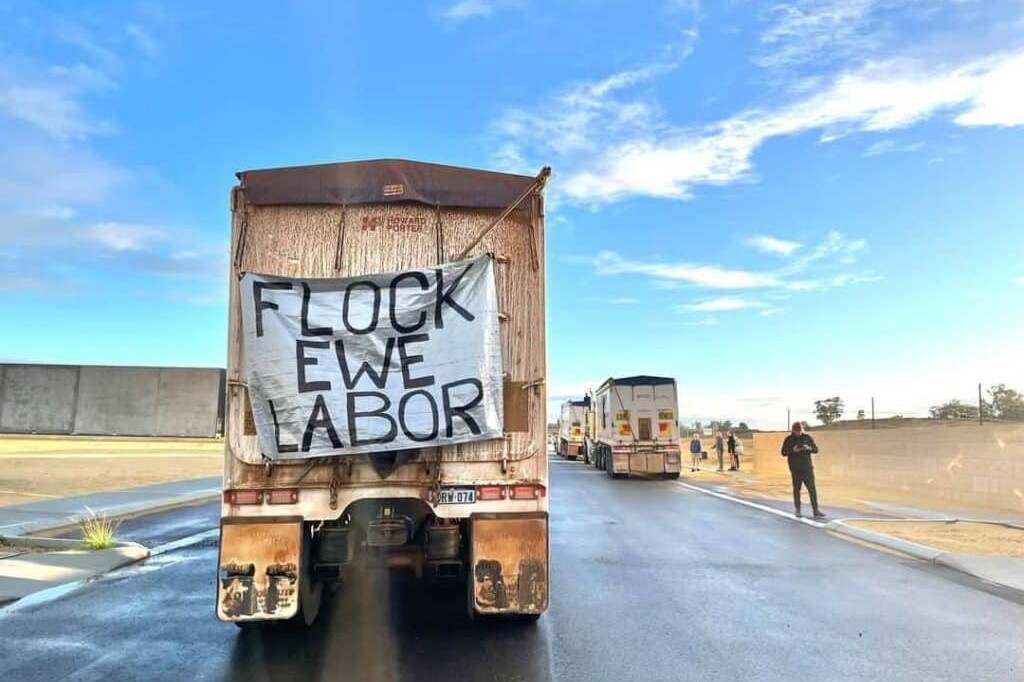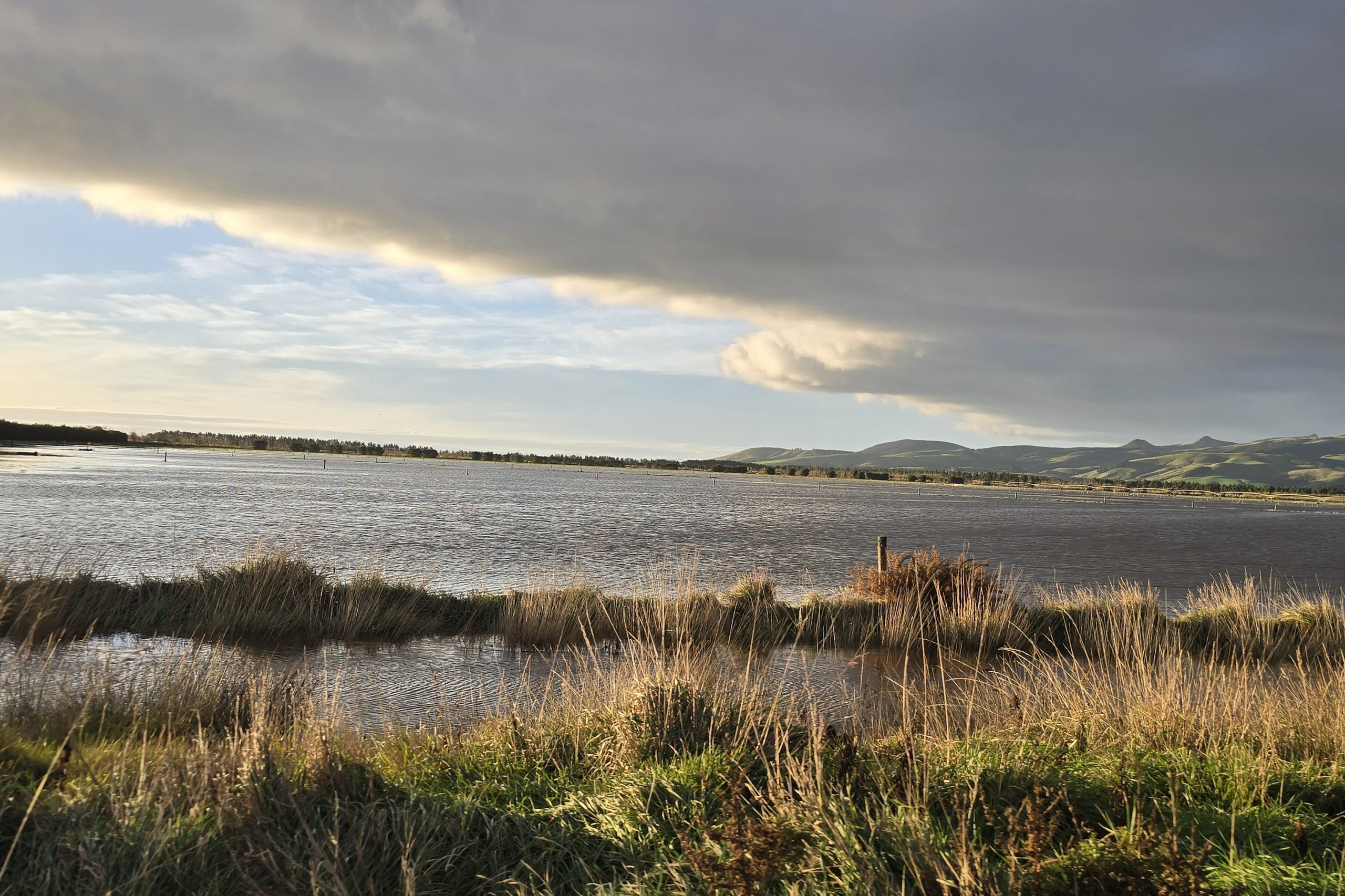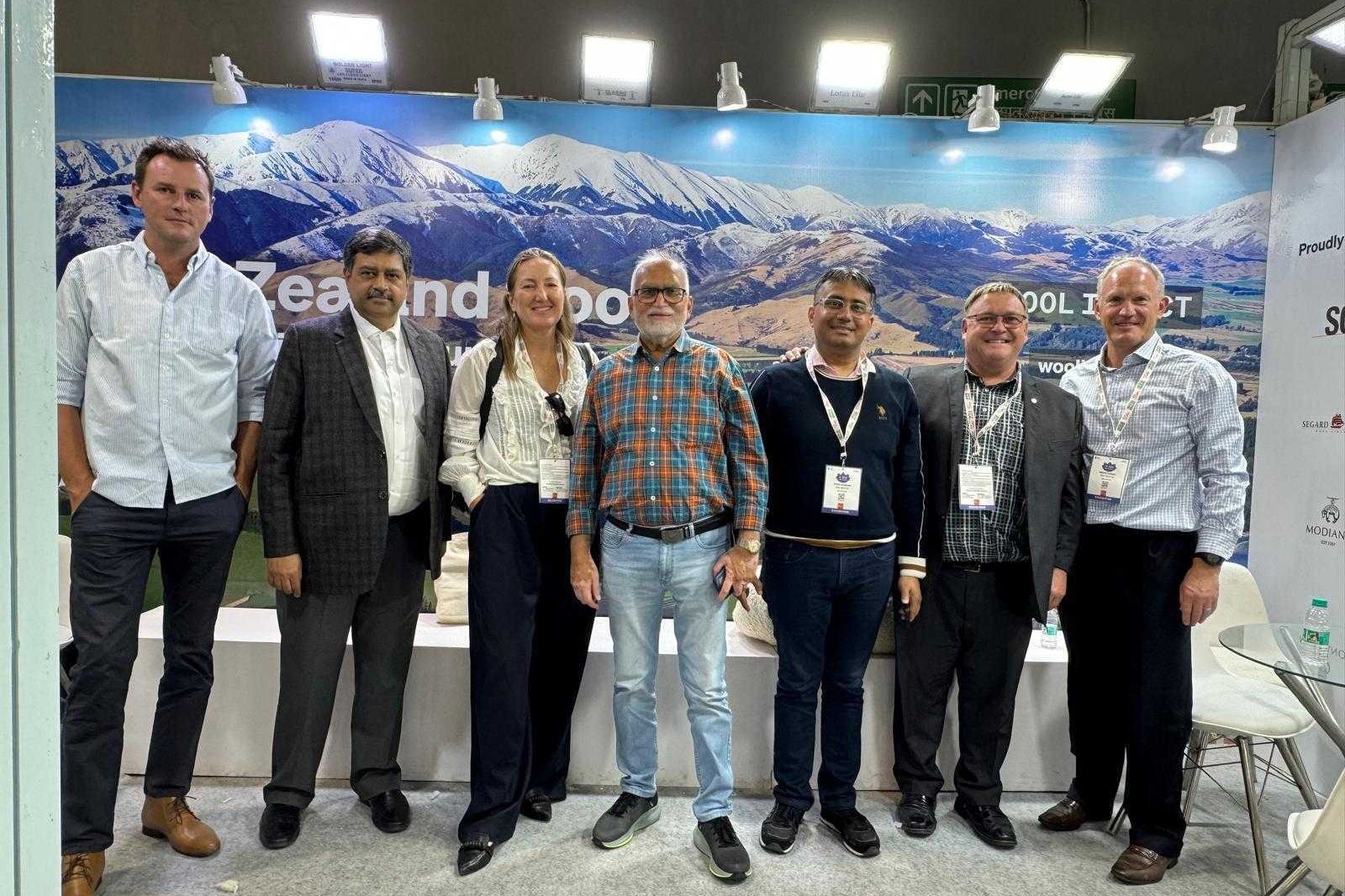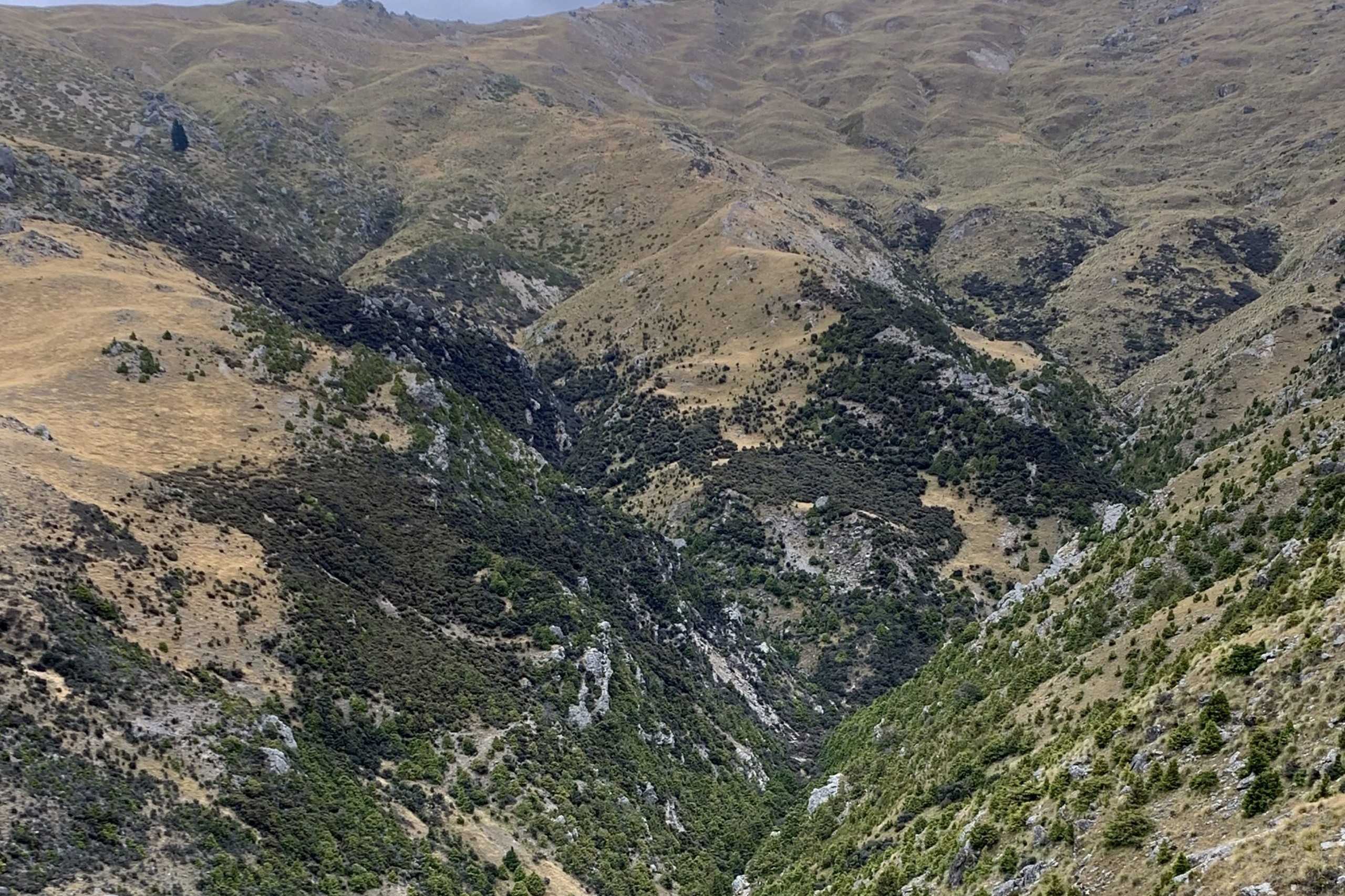The possibility of a capital gains tax has Paul Burt wondering about the value of New Zealand farm land.
I heard a lovely story the other day of a farmer who died with no close relatives and bequeathed the farm to his farm manager. It is an uncommon and generous gesture and tells me two things.
There must have been a high level of respect and admiration between the two men and the old chap wanted to go knowing his life’s work would be in good hands. It’s also a chance to reflect on the value of money when you are at the end of your life.
Statistics tell us 50% of sheep and beef farms will change hands in the next 10 years. Like my peers (unless my daily tonic of B12, thiabendazole, and horny goat weed reverses ageing) I will soon face real questions about my future.
Sheep handling has become hard work. To get profitable performance from our ewes they are 70kg at their lightest and when they need attention sweat flows and muscles ache. There seems to be no end in sight to the scenario where the value of meat alone makes or breaks sheep farming.
If lamb and mutton schedules were to halve, as has happened in the past, the decline in the ewe flock would be drastic. If you wish to farm into old age on a one-man farm, brain must replace brawn. Policies that require less physical input become common sense especially as skilled farm labour is not readily available in our area.
Because of alternate land uses and population spread the Bay of Plenty has seen one of the largest declines in its sheep flock over the last 40 years. The pool of keen young folk has thinned and even if the attitude is there where do they gain experience?
The demise of another training institution is a sad reflection of the lack of cash in agriculture. As an industry we should have a sound budget for R&D including education. Despite the flow-on effect of ag dollars being huge for the economy we shouldn’t expect the government to prop us up. Collectively the industry has huge value but far too much of it is tied up in over-priced land.
The cash that services agricultural debt puts us in a Catch 22 situation. Private ownership of farm land generally drives high performance but we spend too much of our income maintaining that privilege. The observation that the core problems around hill farming profitability are the same as they were 40 years ago doesn’t give me much optimism.
I don’t live far from Michael Cullen (although I’ve never been a fan because of one particular jealous outburst) so perhaps I should go and have a yarn to him about capital gains tax. Despite tax law change needing to deliver a neutral overall result, having a socialist in charge of the tax working group does put a slant on proceedings.
Philosophically socialists tend to diminish the discipline, risk and effort required to grow capital and they believe taxing capital gain is fair and just. They do however maintain a much clearer distinction between the “workers” and the “capitalists” than I do.
I don’t know any super wealthy or old-money people, but the well-off successful people I do know have worked harder than most to get where they are. If their capital growth has involved farmland it has contributed the 10% that combined with the 2% average operating return gives their business a reasonable market reward.
Is that justification for resisting a capital gains tax? I don’t know. I would be happy if I was guaranteed a 12% operating return and no capital gain, a situation that would let me a run a much more progressive business. But there can be no guarantees and the possible 30% tax on the proceeds of a farm sale would take some swallowing.
For the foreseeable future New Zealand will need to look after its agricultural base because if that fails there is nothing to replace it and we will be bankrupt. We have an issue with land being valued way above its productive worth but will a CGT fix that?
Tax dollars will get re-spent by Government but I don’t trust any party to do that wisely with the huge amounts a full-blown CGT will generate. What if that money was re-invested in agriculture research, development and training. The productive side of the industry is in good shape but how much money and innovation would be needed to reinvent the wider industry models that have persisted but failed to deliver what we need to secure our future.




